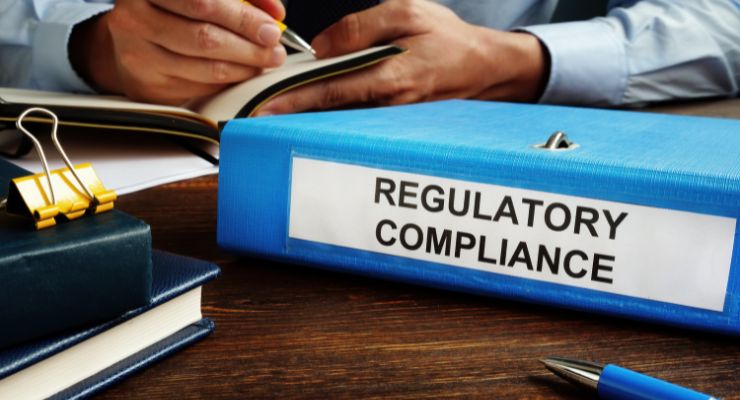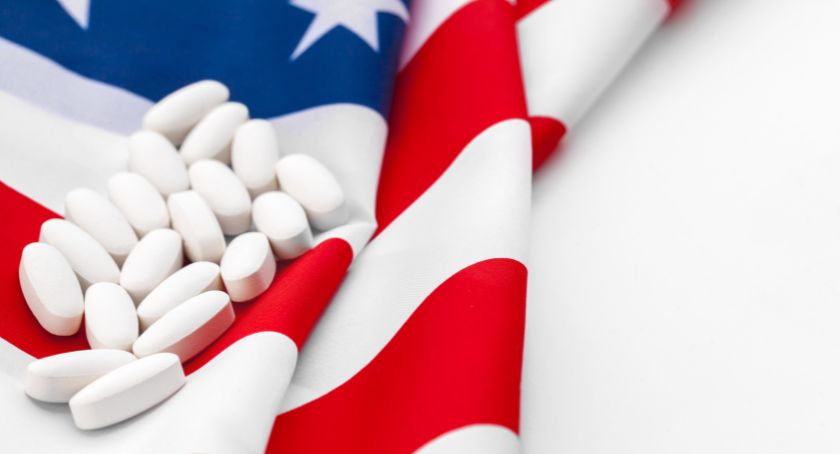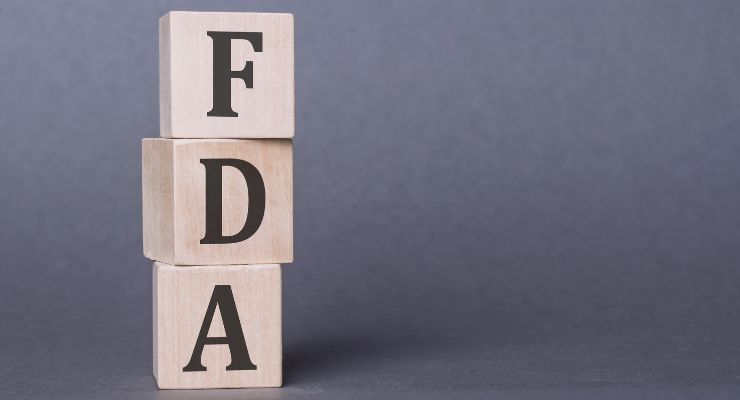Editorial
Dietary Supplement Regulation Takes Teamwork
Without more resources, FDA can’t conduct enough inspections to get an accurate picture of the marketplace, highlighting the importance of self-regulation.

By: Sean Moloughney

The FDA’s unified Human Foods Program, a new model for field operations and other modernization efforts, officially went into effect on Oct. 1, marking one of the largest changes in the agency’s 100+ year history.
Hopefully this restructuring enables FDA to effectively carry out its mandate following a series of food safety failures, including the infant formula crisis of 2021-2022. Regardless of who wins the U.S. presidential election in November, it’s in everyone’s interest to have a competent and reliable federal agency whose stated mission is to protect and promote public health.
Now, if you’ve worked in the dietary supplement industry long enough, then you’ve almost certainly heard someone claim at some point that supplements are unregulated. Three decades since the Dietary Supplement Health and Education Act (DSHEA) established a clear regulatory framework for a marketplace ripe for growth, industry critics, misinformed reporters, and others continue to sing from the same tired hymnal.
Meanwhile, whether it’s been slow safety reviews of food additives or response to illegal products masquerading as dietary supplements, FDA’s pace and (perceived) inaction have created a vacuum that states like California and New York have aimed to fill with their own laws and regulations.
No, FDA doesn’t approve dietary supplement products before they enter the marketplace, but it certainly has regulatory authority, including premarket review of New Dietary Ingredients. Yes, we’re still waiting for more guidance on that.
At the same time though, without more resources FDA simply can’t conduct enough facility inspections each year to get an accurate picture of the dietary supplement marketplace, spotlighting the importance of third-party accredited programs.
Steve Mister, president and CEO of the Council for Responsible Nutrition (CRN), has offered an article that covers a litany of self-regulatory initiatives and their value. “While government regulations provide essential guardrails, voluntary codes offer additional layers of oversight that can significantly benefit both businesses and consumers,” he wrote.
It’s incumbent upon all industry stakeholders to work collectively toward the greater good, especially when it comes to public health. For an industry this size, there are many trade groups. If you don’t already, get to know them, join them, and work with them to fill the gaps in regulatory enforcement when necessary.
As Mister said: “Self-regulation does not eliminate companies’ need to comply with various laws and regulations governing dietary supplements, but it does build confidence among consumers, healthcare professionals, and other stakeholders. Being ‘responsible’ means instilling self-restraint, accountability, and integrity in our businesses.”




















